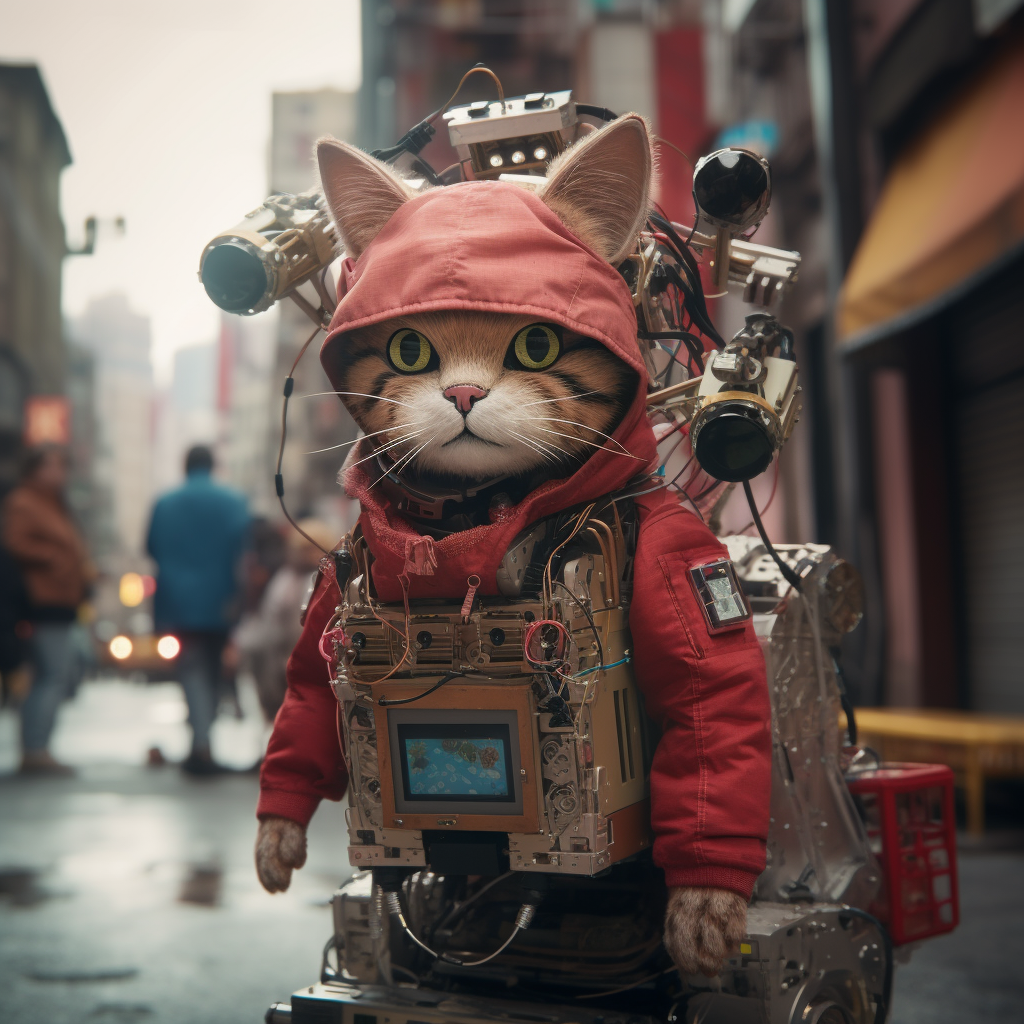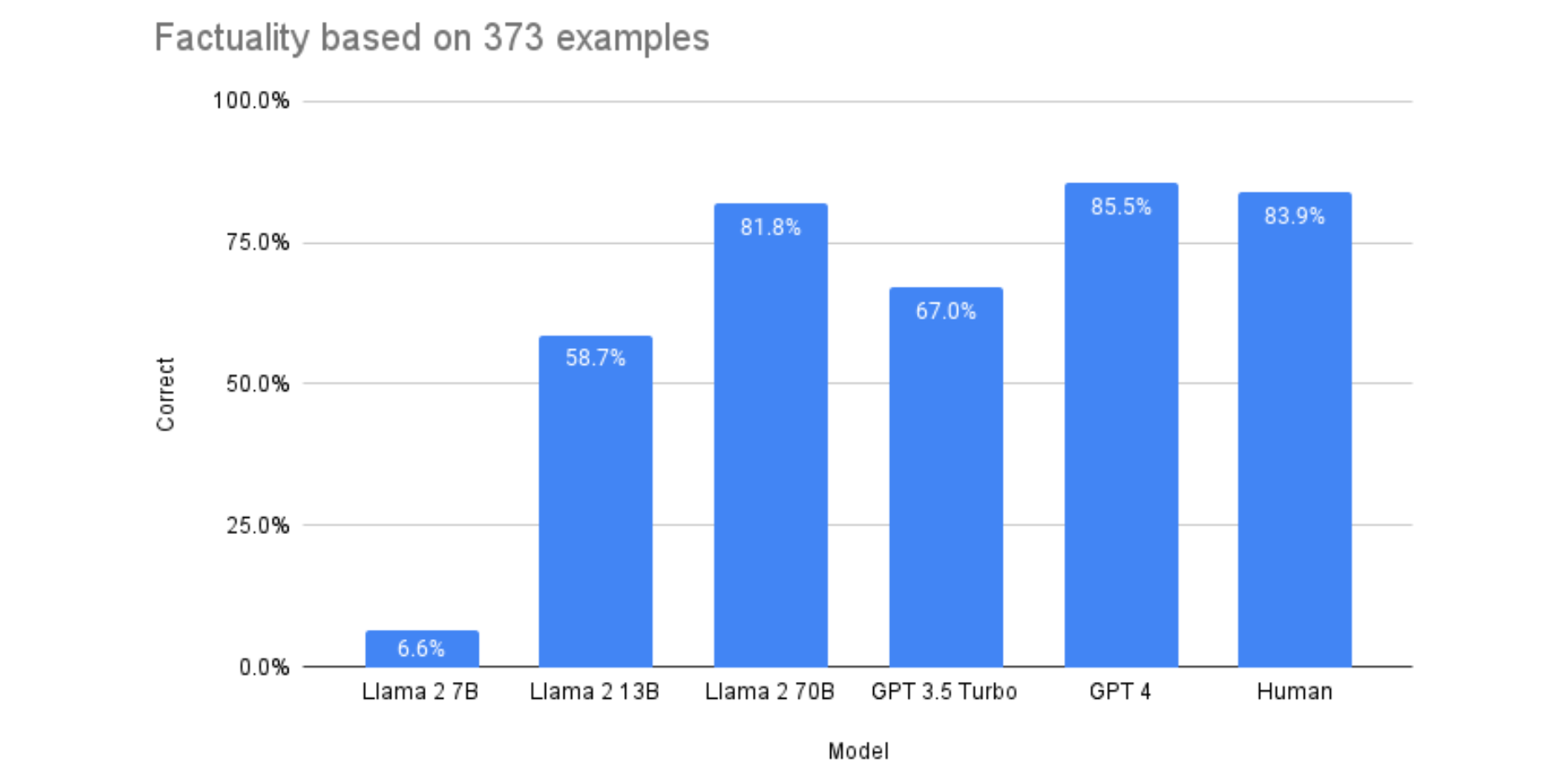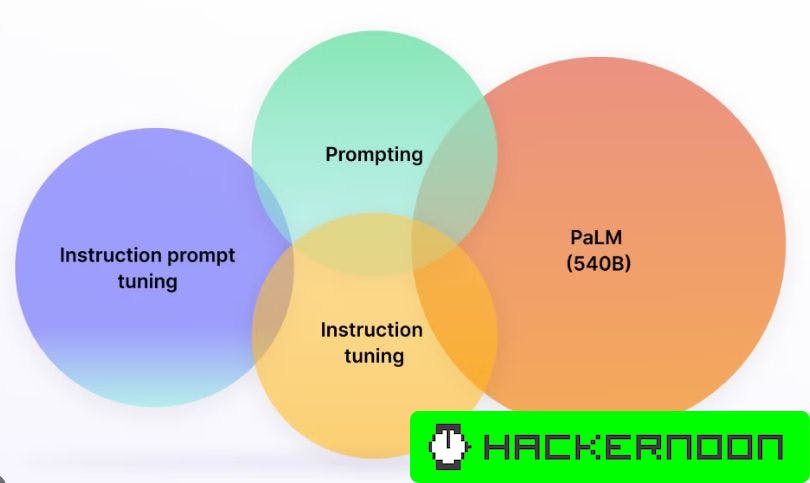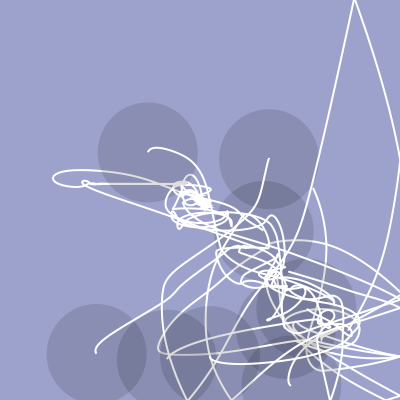Weeknotes 253 - Robot realism using proxy humans
The weekly update on human-tech interrelations and impacts, beyond AI, LLMs, tangible things and more.

Hi, y’all, and especially all new subscribers that land here via the Internet of Things podcast or newsletter (thanks Stacey for the shout-out!). In last week’s edition, I already mentioned how I will miss her weekly updates. If you are curious about the backgrounds of this newsletter, check the About page. In short, the main part is an overview of news I noticed on different aspects of human-tech relations, AI, the internet of things, robotics, and beyond. I also pick a paper that I would love to read. To kick off, I share some thoughts that could be triggered by an event I attended or a podcast I listened to. Let me know if you have any suggestions!
Triggered thoughts
The podcast by Paris Marx, “Tech won’t Save Us,” invited Ben Tarnoff. He wrote about Joseph Weizenbaum, who became famous with the creation of the ELIZA chatbot, which was famous for its conversation style as a therapist mirroring your own thoughts and questions in the 60s. Seeing AI not as a technology but as an ideology, I like that too; we see that every week here in the news bit…
One interesting topic they discussed was how we become like computers and how this has a bigger impact than the possibility of computers taking over. It is something I really feel, too. Too often, we put on the lens of intelligent technology as a replacement for human agency, but co-performance is the ideal state. The risk is when we don’t notice how we change ourselves, and in extreme cases, we overlook the impact of the systems we create as we start to rationalise similar to the machines. Funny enough, I was triggered with these thoughts again on a totally different occasion: I visited “De Reuzen” (The Giants) in Antwerp last weekend. It is an art performance lasting a couple of days where -in this case- two giant dogs are walking around town. Each of them is operated through a squad of 20 ‘lilliputs’ as they call it themselves; everyone is operating a part of the giant, a leg, an eyebrow, a gaze. It makes it very realistic and attachable. In that sense, we serve the connection we can make with the robot by becoming a proxy for its movements. Do you see the connection?

Also on topic here, is this film on how to learn a backflip in a human-machine partnership.
Events to notice
- First, I look forward to next week's ThingsCon Salon: 6 September: ThingsCon Salon in Rotterdam on Doing Ethics in Smart City Tech.

And some other events:
- 30 August: event summerschool public platform https://www.kennislabvoorurbanisme.nl/project/summerschool-slotevent23/
- 1 September: Creative Mornings Rotterdam https://creativemornings.com/talks/august-is-pride-with-luis-bracamontes
- 6-10 September Ars Electronica Festival, Linz (still on my list to visit once)
Notions from the news
There was not one big topic last week. Or it should be the start of the EU Digital Service Act that might impact how we use our social media. So, let’s do a round of updates on AI, cities, things, and more.
AI-related topics:
We got a new player in the generative image makers some time ago. Ex-Google brain researchers started Ideogram. They promise to have a good typography function, one of the weaker points of other tools. And on imaging, enhancing blurry images into real high-resolution versions is now possible, researchers found.

Some short news on AI: Hugging Face is getting serious investors, Stephen King is not happy his books were used to train AI, Lex.page is getting serious investing rounds too, Figma is adding Jambot, Google is experimenting with NotebookLM, AI Tsunami warnings.
The speed of developments with generative AI and especially OpenAI, has been challenged in the last few weeks. So, it is extra important to leverage the uptime as long as it is there. OpenAI created a tool for companies to convince them to use gen AI.

With Code, Llama Meta is introducing tooling for LLM-supporting coding. Coding is a domain where LLMs will prove their value most easily, and co-pilots are developed along all types and levels of tooling, from Github to Framer. And Meta.

Next to coding, summarising is another core application (e.g., I sometimes use the summarise function of Readwise Reader, and Artifact in the production flow of this newsletter). It makes sense to optimise for this task. Llama 2 seems to do a better job than GPT-4 now.

Or start coding PaLM API with this beginner's guide.

And the weekly round-up of AI critique (some weeks more than others).
- Gary Marcus is almost always part. But he is quite optimistic: “No, we probably won’t all die anytime soon, but there is still a lot to be worried about.” p(doom)
- Alienating AI? Or is AI an alien, after all? https://www.freethink.com/space/aliens-ai
- The concept of Platform Realism to describe generative AI output by Rob Horning.
An interesting essay: “In an apparent contradiction, the internet both fragments and concentrates attention.” Especially on the second part: how feedback loops and information cascades can help to focus.

Things topics:
Things become more intelligent. That is something we see coming for years, and sometimes it happens indeed. A category that leads the way is audio devices and especially noise cancelling and transparency filtering, that is more and more aware of their environment.

Some years ago I saw an art project with a soccer ball that could measure continuously but also effect the moving like a Sphero ball. In the discussion of automated referees that system is back only with the sensors. Will we have a fully automated referee soon, creating a real level playing field, or do we expect the referee being part of our human system of imperfections?
Matt Webb shows how the long nose of innovation is happening for dynamic storefronts:

Tangible interfaces for new augmented visions could be a differentiator (next to delay and screen resolution). Will it be a ring or a stone? The first is more a way to connect your hand to the interactions, just like a glove does. The stone could bring another touch, having a separate function to the physical interaction.

Overview of robotic topics, illustrated through these 8 projects.

Misc
I shared the Arc browser earlier. You would not expect that the browser is still developing, but it is becoming a merging place for the new generative functions.
/cdn.vox-cdn.com/uploads/chorus_asset/file/24866267/sidebar_designer_bing.JPG)
Some geopolitics: “BRICS has received attention as a potential geopolitical or military bloc, which some hope will challenge Western dominance. However, tensions between member countries and differences in basic values make this unlikely.”

The value of real needs to be derived from trusted sources.

Building on paper on genetic algorithms, Gordon Brander is creating a systemic view of how to create the right build blocks for thriving innovation.

And to close, North Korean SciFi; sounds like quite a niche. But, apparently, it is a genre.

Paper for this week
Consciousness in Artificial Intelligence: Insights from the Science of Consciousness
From these theories we derive ”indicator properties” of consciousness, elucidated in computational terms that allow us to assess AI systems for these properties. We use these indicator properties to assess several recent AI systems, and we discuss how future systems might implement them. Our analysis suggests that no current AI systems are conscious, but also suggests that there are no obvious technical barriers to building AI systems which satisfy these indicators.
Butlin, P., Long, R., Elmoznino, E., Bengio, Y., Birch, J., Constant, A., ... & VanRullen, R. (2023). Consciousness in Artificial Intelligence: Insights from the Science of Consciousness. arXiv preprint arXiv:2308.08708.
https://arxiv.org/pdf/2308.08708.pdf
See y’all next week!
I will be busy writing some proposals and preparing for next week’s ThingsCon Salon. We will also plan for Wijkbot in the last quarter with the resident's thinktank. And I am curious to see huge autonomous cranes from nearby, mastering the ships’ cargo in this excursion.
Have a great week!










